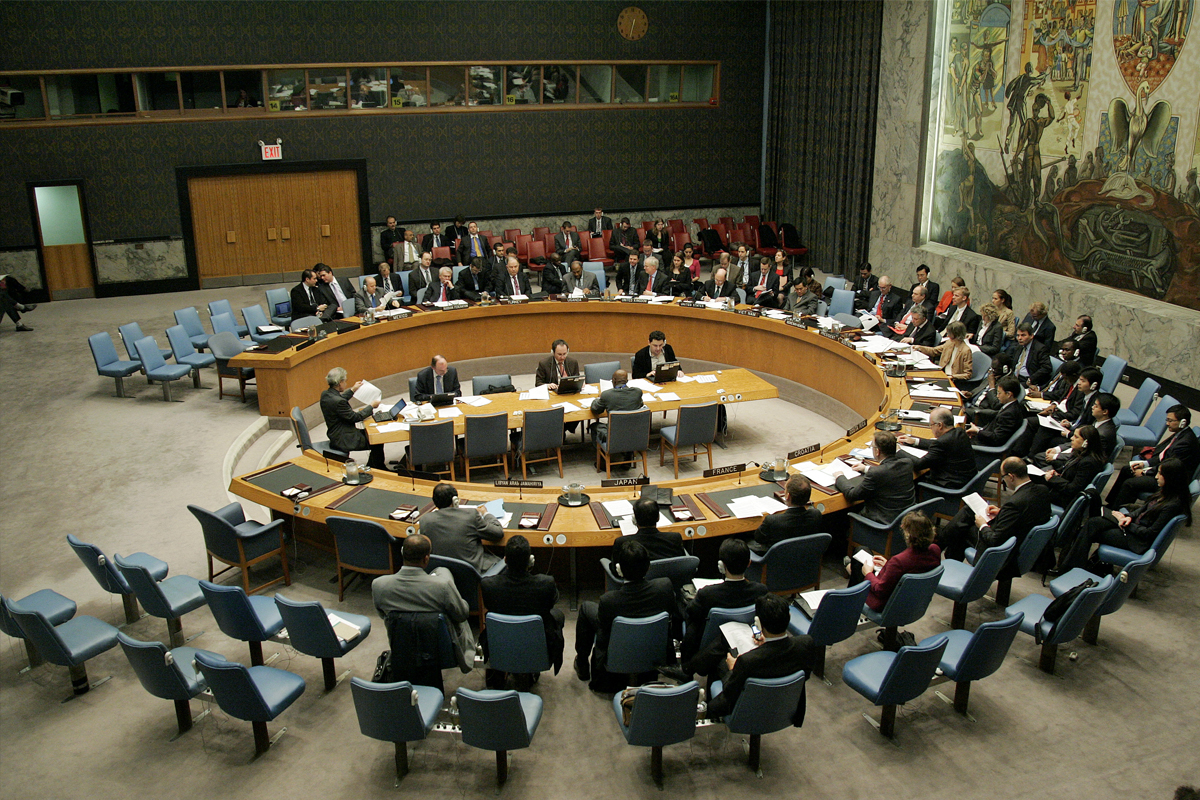Global Court Debates Climate Change Accountability
The United Nations' top court begins hearings on countries' legal responsibilities to tackle climate change. Spearheaded by Vanuatu, this advisory opinion could shape global litigation efforts against climate change. Despite COP29's climate finance shortcomings, nations strive for historical emissions to be deemed unlawful.

The United Nations' principal judicial organ commenced hearings focused on the legal responsibilities of nations to combat climate change. These hearings could have far-reaching implications on global litigation concerning climate accountability.
Initiated by Vanuatu, over a hundred states and international organizations will present their perspectives during a fortnight of proceedings. Although the court's advisory opinions are non-binding, their significance is both legal and political, potentially influencing lawsuits on climate issues worldwide.
The discussions arrive shortly after the COP29 summit's criticised agreement for providing $300 billion annually by 2035 to assist poorer nations. Vanuatu's Ralph Regenvanu urges for phasing out fossil fuels and enhancing financial support to nations impacted by climate change, including seeking a declaration of historical emissions as unlawful.
(With inputs from agencies.)









